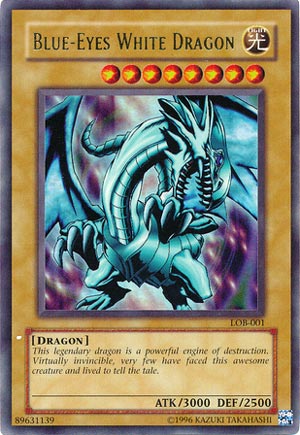
I’ve been on Pojo for 20+ years. This site has thousands of COTD reviews. I’ve read many of them, and I used to be a COTD writer. It’s the majority of content on here. So I feel like it’s worth thinking about what exactly makes a COTD review helpful?
I think the key factor is the frequency and likelihood of scenarios happening.
A card may have a list of pros and cons, but if the pros happen 10x as often as the cons, it’s a great card (and vice-versa would be a bad card).
So in a spread of 100 games. In how many of them would the pros of the card help you win? And how many of them would the cons put you at a disadvantage?
There’s also a factor that some games are unwinnable and unlosable due to luck.
This is an arbitrary ratio (and if you have numbers you feel like are more accurate, use those):
But we assume 20% of games are lucky, 20% of games unlucky, and 60% we can swing with our skill. How well a card performs in those swingable may be a better indicator, than say, in a match that the opponent drew so poorly that you would’ve won regardless.
I also consider the range of outcomes a particular card may have:
* Best case scenario.
* Above average scenario
* Typical scenario
* Below average scenario
* Worst case scenario
It can be easy to focus on the extreme highs and lows of a card because those are the most striking and sensational moments. But we shouldn’t give too much weight to 1 out of 100 scenario outliers. I think focusing on the middle 3 outcomes can give us a more nuanced discussion.
If a card is high risk, or situational or requires other cards to function, it’s average and below avg scenario is probably not good, so it’s above average scenario needs to be really good. It would need to be a better payoff than cards which have the same reward but lower risk if that makes sense.
Other factors to consider:
- How well does this card matchup against the most used cards/decks? In a given matchups, what’s the ratio of cards it does well into vs. not well into?
- A card’s matchups against better decks matter more than worse decks. Becuase if a deck or card is subpar, you probably don’t need to build your deck around countering it.
Also: Getting input from good players. They may have insight that we haven’t really considered. Also, looking at tournament topping decklists. Playing in tournaments or watching replays of tournament matches.



